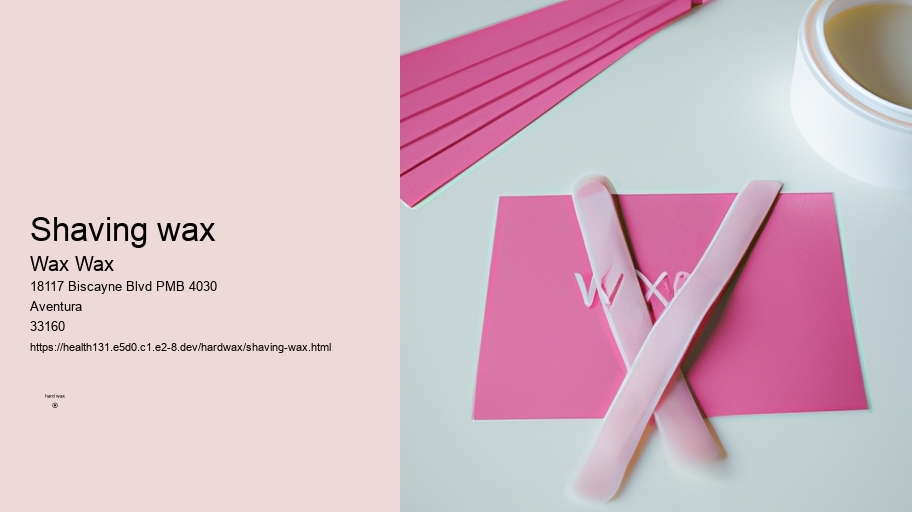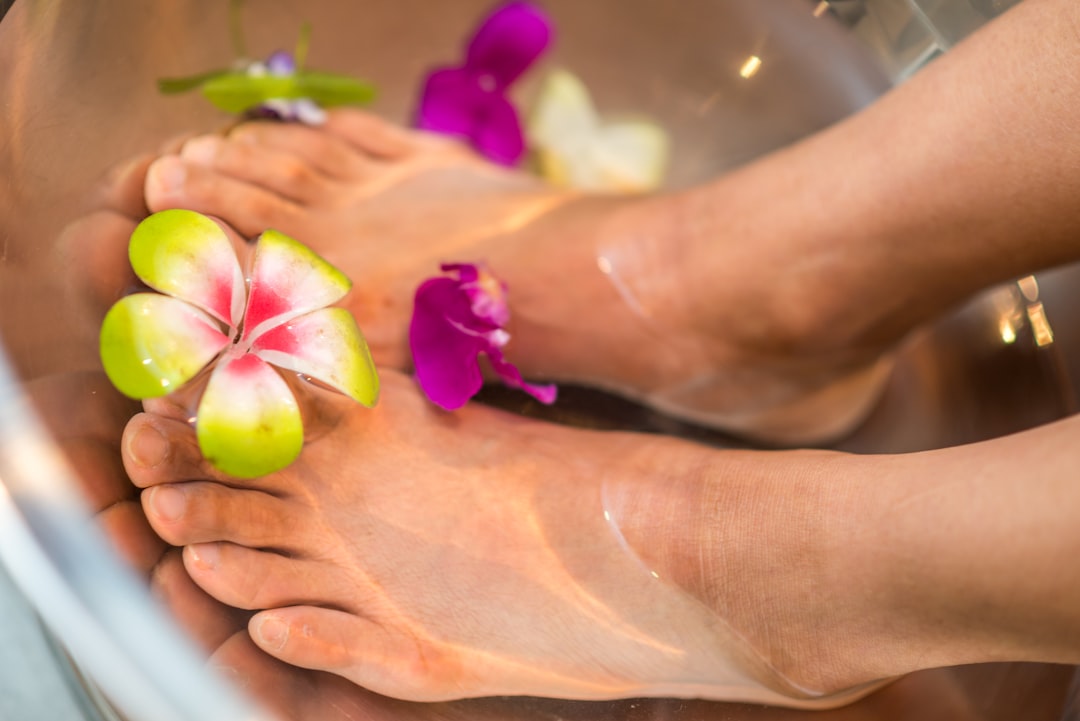

This increased sensitivity and irritation can lead to a higher likelihood of ingrown hairs and infections in the waxed area.
Contrary to popular belief, waxing does not directly cause ingrown hairs. Ingrown hairs typically occur when the hair follicle becomes clogged with dead skin cells, resulting in the hair growing sideways or curling back into the skin. (However), regular exfoliation before and after waxing can help prevent ingrown hairs by removing dead skin cells and allowing the hair to grow freely from the root. Additionally, using proper post-waxing care products, such as soothing creams or lotions, can also minimize the risk of ingrown hairs.
Wax Type Different types of waxes have different requirements when it comes to hair length. Get the best hard wax products from Wax Wax. For example, soft wax typically requires shorter hair lengths while hard wax can work on slightly longer hairs. (Therefore,) It's important to consider the type of wax being used before determining how long your hair should be.
Reduces Ingrown Hair Risk
Pulling the wax strip in the wrong direction
Avoid using harsh chemicals, fragranced lotions, and tight clothing on the area that was waxed to prevent irritation.
Soft waxes are a type of wax that is commonly used for hair removal. These waxes have some specific characteristics that make them popular among people who prefer waxing over other hair removal methods.
Overall, waxing remains a popular choice for hair removal due to its effectiveness and longer-lasting results. The practice continues to be refined with new techniques and products being developed to improve the experience for those seeking smooth and hair-free skin.
Hard wax is typically recommended for sensitive areas because it adheres mainly to the hair and not the skin, making it less painful to remove.
1.
Buying a waxing kit for home use is generally more affordable than paying for a professional waxing session at a salon.
4. Are cold wax strips effective for hair removal?
5. Can I use natural remedies to soothe irritated skin after waxing?
Waxing is the process of hair removal from the root by using a covering of a sticky substance, such as wax, to adhere to body hair, and then removing this covering and pulling out the hair from the follicle. New hair will not grow back in the previously waxed area for four to six weeks, although some people will start to see regrowth in only a week due to some of their hair being on a different human hair growth cycle. Almost any area of the body can be waxed, including eyebrows , face, pubic hair (called bikini waxing or intimate waxing), legs, arms, back, abdomen, chest, knuckles, and feet. There are many types of waxing suitable for removing unwanted hair.
Waxing is a form of semi-permanent hair removal that involves applying a sticky substance, such as wax, to adhere to body hair and then removing this covering to pull out the hair from the follicle. New hair will not grow back in the waxed area for four to six weeks. Waxing can be done on various parts of the body, including eyebrows, face, legs, arms, back, abdomen, chest, and feet.

Immediate Aftercare Steps
Exfoliation helps prevent ingrown hairs and allows the wax to adhere better to the hair follicles.
Male chest before and after waxing.
Exfoliate regularly to prevent ingrown hairs
Discussion on how UV rays can cause damage to freshly waxed skin
1.